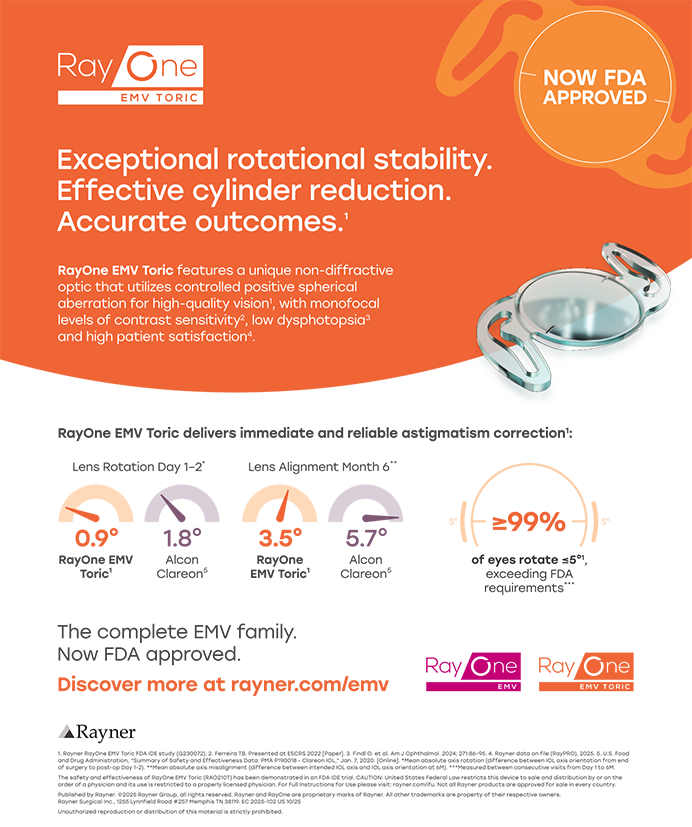How do you think President Barack Obama's stimulus bill will affect you, your practice, and the delivery of medical care in the United States?
DAN CHAMBERS
Although the intentions of the stimulus bill are probably sincere and indeed helpful in prompting physicians to invest in electronic medical record (EMR) applications, the financial incentives are dwarfed by the cost to convert to a full-scale EMR system. Physicians have to be committed and engaged to reap the full benefits of EMRs. I predict that success will be measured in the years ahead.
I believe the Consolidated Omnibus Budget Reconciliation Act (COBRA) provision will have a much lesser effect than intended. The bill mandates a 65% federal subsidy for COBRA premiums for up to 9 months for workers laid off between September 1, 2008, and December 31, 2009. Those laid off since last September who initially declined COBRA will have 60 days to elect it. Few people take advantage of COBRA, however, and those who do may fall under the category of "adverse selection," meaning these individuals have expensive health care needs and enroll because they cannot find viable insurance options. As a result, the costs to the insurer or self-funded health plans go up. I hope there will not be an insurance reimbursement nightmare when separated employees default on their 35% payments early in the cycle.
JIM DENNING
The stimulus bill has broadly reaching powers that are currently not well defined. From a business perspective, the EMR mandate will have the biggest effect on ophthalmology practices. Fewer than 5% of practices currently have a meaningful EMR system. According to the stimulus bill, bonuses for having an EMR will start in 2011, and penalties for neglecting to implement one will start in 2015. If 75% of practices do not convert to an EMR system by 2018, the penalties will be increased to as much as a 5% reduction in Medicare payments.
The bill also clarifies what "making healthcare affordable" requires. It calls for businesses and tax payers who earn more than $250,000 annually to pay a portion of the health care premiums for those making less than this amount annually so that health care is more affordable for these citizens. At one time, we actually thought that the plan would eliminate waste for unnecessary drugs and technology. Silly thinking. Raising taxes is so much easier.
DON HOLMES
The current stimulus bill has all the makings of a "perfect storm" for ophthalmology. In my opinion, the switch to a mandated EMR system benefits insurance companies, patients, and employers more than ophthalmologists. While addressing increasing demand from patients as the baby boomers age, ophthalmologists will also have the challenge of dealing with the costly price of implementing an EMR system, the never-ending fees for its maintenance and upgrades, plus the expense of skilled personnel to implement and operate these systems. Consider the Centers for Medicare & Medicaid Services' International Classification of Diseases-10 or -11 programs for additional billing headaches and taxing of doctors' time, plus the guaranteed promise of Medicare reform. What is the end result? More patients, more expense, and less reimbursement for ophthalmology.
JEFFREY D. HORN, MD
Medicare reimbursement for cataract extraction with IOL (Current Procedural Terminology code 66984) has decreased by 15% over the last 9 years in Tennessee. The average rate of inflation over the same period is approximately 3% per year. Additionally, physicians are spending time and money dealing with ever-increasing regulations. Therefore, I am not a big fan of government's getting more involved in the practice and delivery of health care.
Some of the provisions in the stimulus bill cause me much concern for my practice, my ability to function relatively autonomously, and ultimately—and most importantly—my ability to provide the best possible care to my patients. For instance, although I believe an EMR system can have a positive impact on patients' care and a practice's efficiency, it can also be used for more nefarious purposes, such as allowing the government to monitor these records (quite Orwellian, I know) with an intention of rationing care. Another concern I have about the bill is the creation of the Federal Coordinating Council for Comparative Effectiveness Research. This group will be tasked with codifying best practices for the delivery of health care nationwide and developing clinical guidelines for medical treatments. This potentially opens the door to have care dictated not by the physician but by the government. I think we should all be concerned and proactive.
Section editor John F. Doane, MD, is in private practice with Discover Vision Centers in Kansas City, Missouri, and he is a clinical assistant professor for the Department of Ophthalmology, Kansas University Medical Center. Dr. Doane may be reached at (816) 478-1230; jdoane@discovervision.com.
Dan Chamber is the executive director of the Key-Whitman Eye Center in Dallas. Mr. Chambers may be reached at (214) 379-1842; dan.chambers@keywhitman.com.
Jim Denning is CEO of Discover Vision Centers in Kansas City, Missouri. Mr. Denning may be reached at (818) 350-4529; jimdenning@discovervision.com.
Don Holmes is the vice president of marketing and business development at the Cincinnati Eye Institute in Ohio. Mr. Holmes may be reached at (513) 569-3757; dholmes@cincinnatieye.com.
Jeffrey D. Horn, MD, is in private practice with Vision for Life in Nashville, Tennessee. Dr. Horn may be reached at (615) 329-9575; jeff.horn@bestvisionforlife.com.


